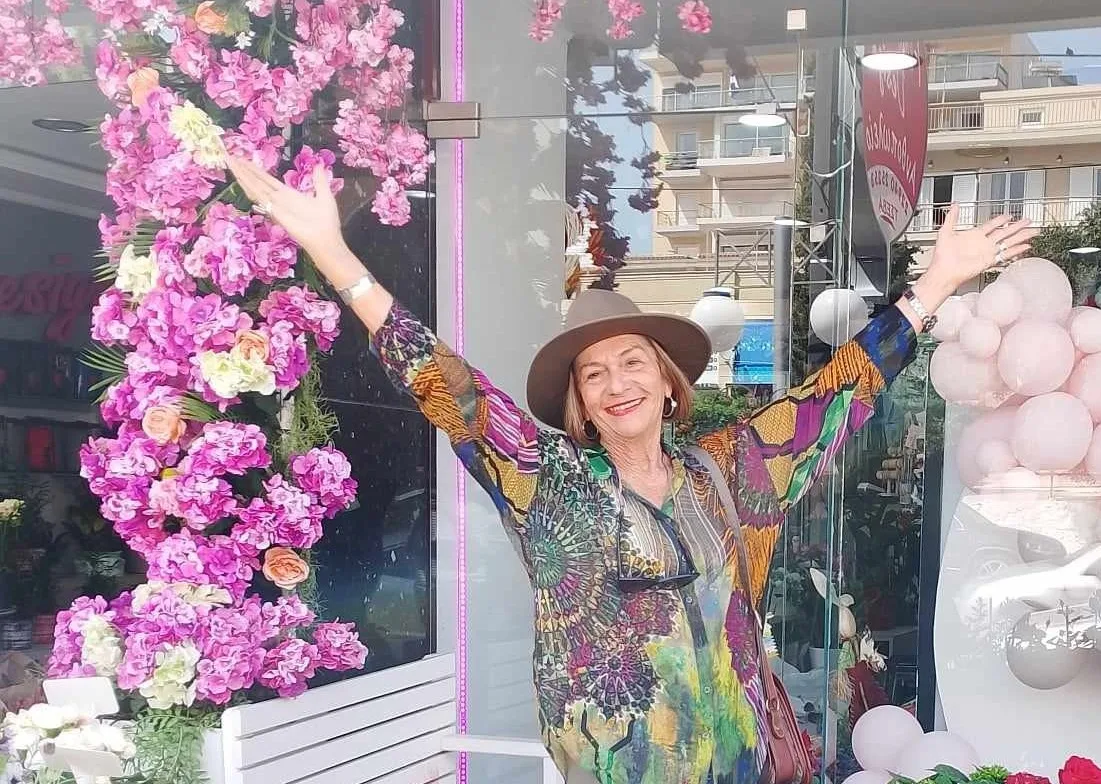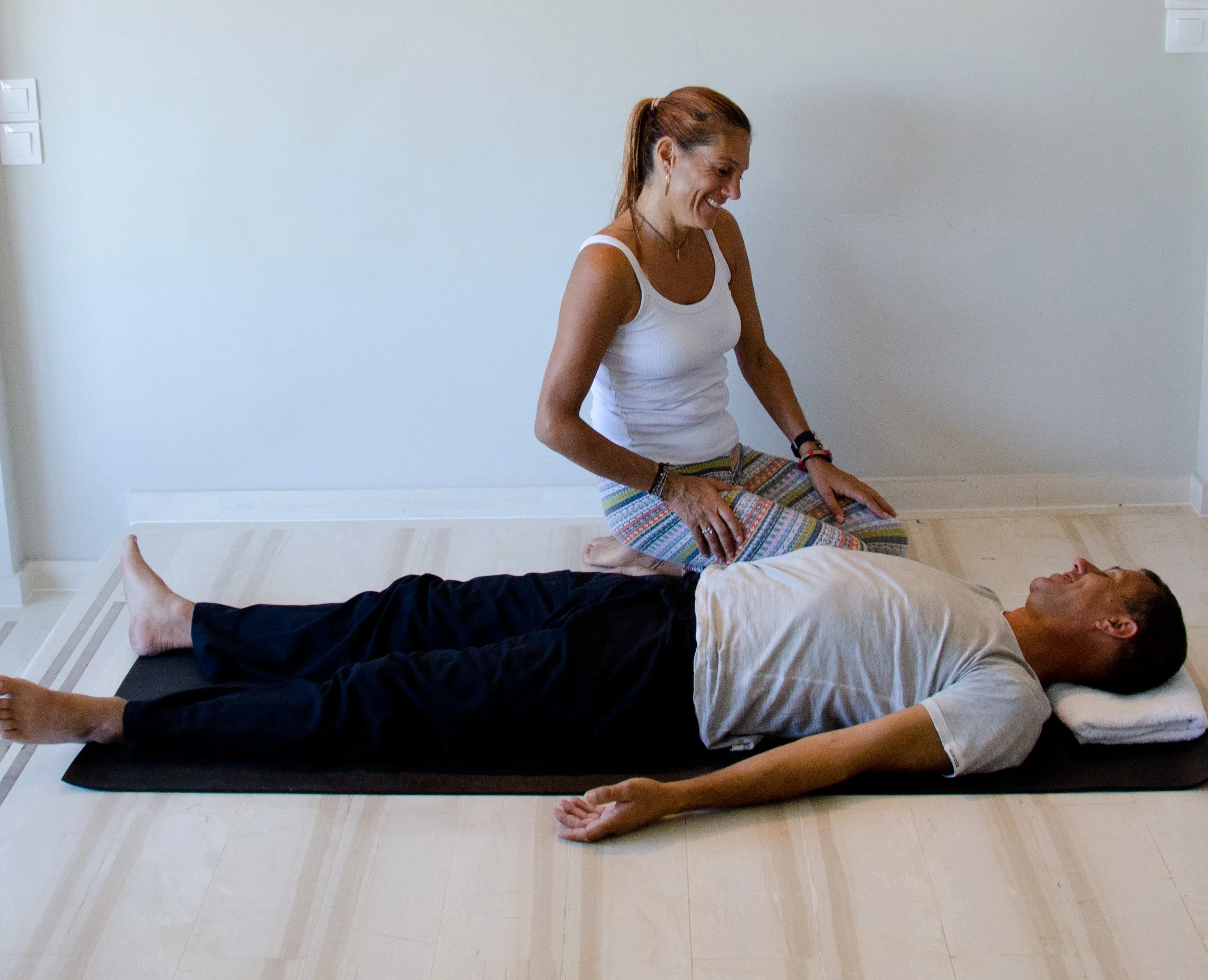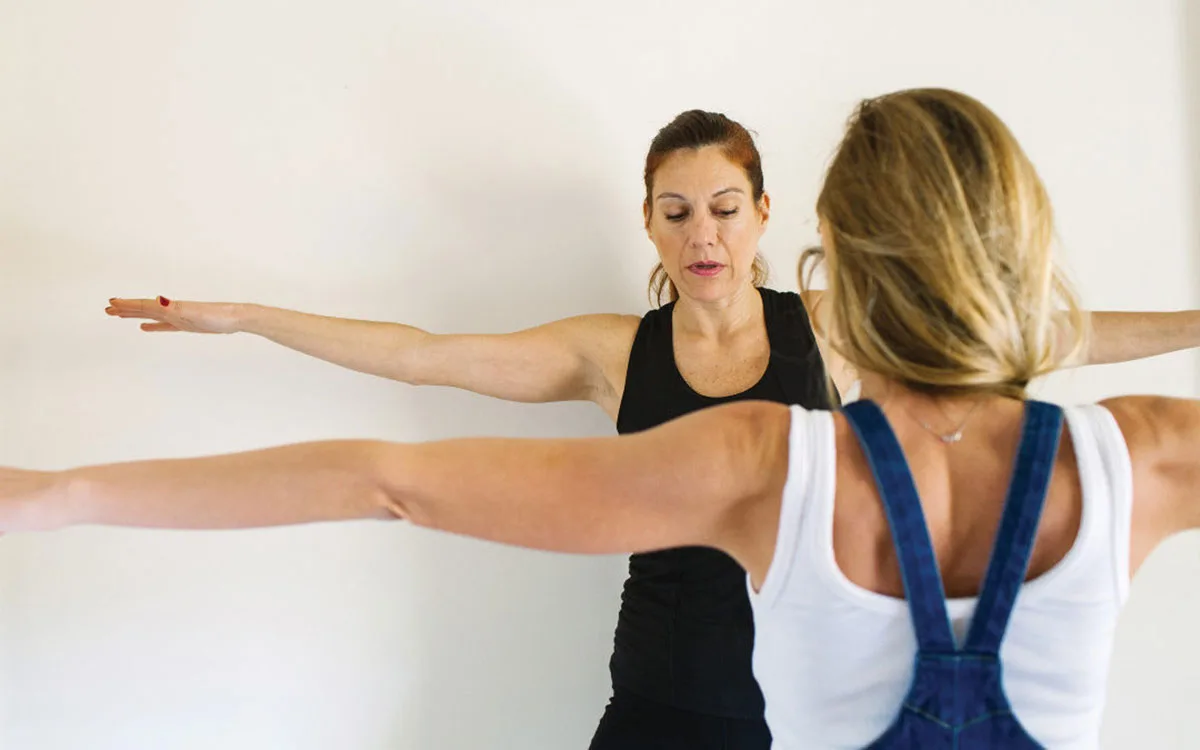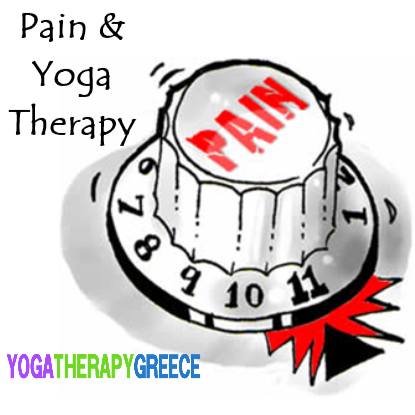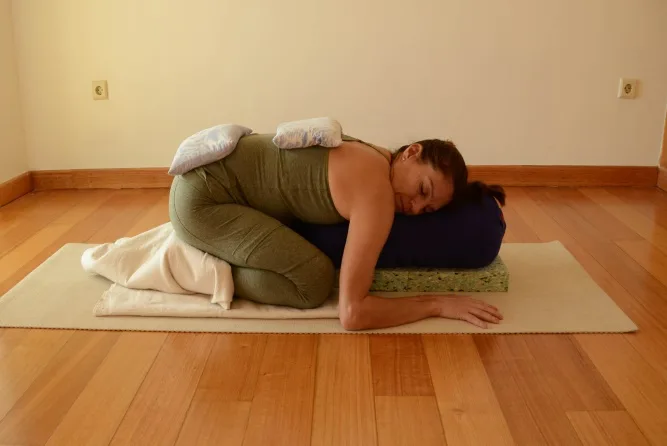Yoga Therapy and Mental Health

In Yoga Therapy Greece we use and recommend these tools besides, tailor made asana with pranayama practices, personalized meditation and yoga nidra:
1. Consider what nourishes and what doesn’t in order to do more the things that nourish us. We can make a list of them.
2. Write in one sentence what bothers us. Write 3 ways that this has affected us in a negative way. Also write 3 ways that have empowered us and give 6 further examples of this empowerment.
This is an exercise of vairagya i.e detachment/non-attachment. At stage one vairagya/non-attachment releases the weight of disappointment and emotional pain. At stage two, it becomes a catalyst for emotional growth and prepares you to achieve the things you would otherwise not be capable of achieving. A great exercise for any person with anger, depression, apathy, loneliness, insomnia, tension, weight gain, loss of sex drive, where in all these cases they are attached to what has happened without seeing the potential for something good in even the most painful experience. The more often you choose to live your life from this angle, the more happiness, ease and opportunity you will experience. Before going to bed each night, clear your mind and do the vairagya exercise in order to look at any circumstances that are troubling you.
3. Every day think of 2-5 things that we are grateful for.
The more content we feel, the clearer the judgement will be. This is the main reason we try to enhance gratitude at the end of most of meditations, yoga nidras and guided relaxations. Like all things in life, whatever we appreciate grows.
We cultivate contentment, because contentment alone reveals the Intelligence that will guide you to your best life. The truth is that we need both contentment and adjustment; if you don’t follow contentment’s lead to make internal and external adjustments, you won’t achieve your best life.




